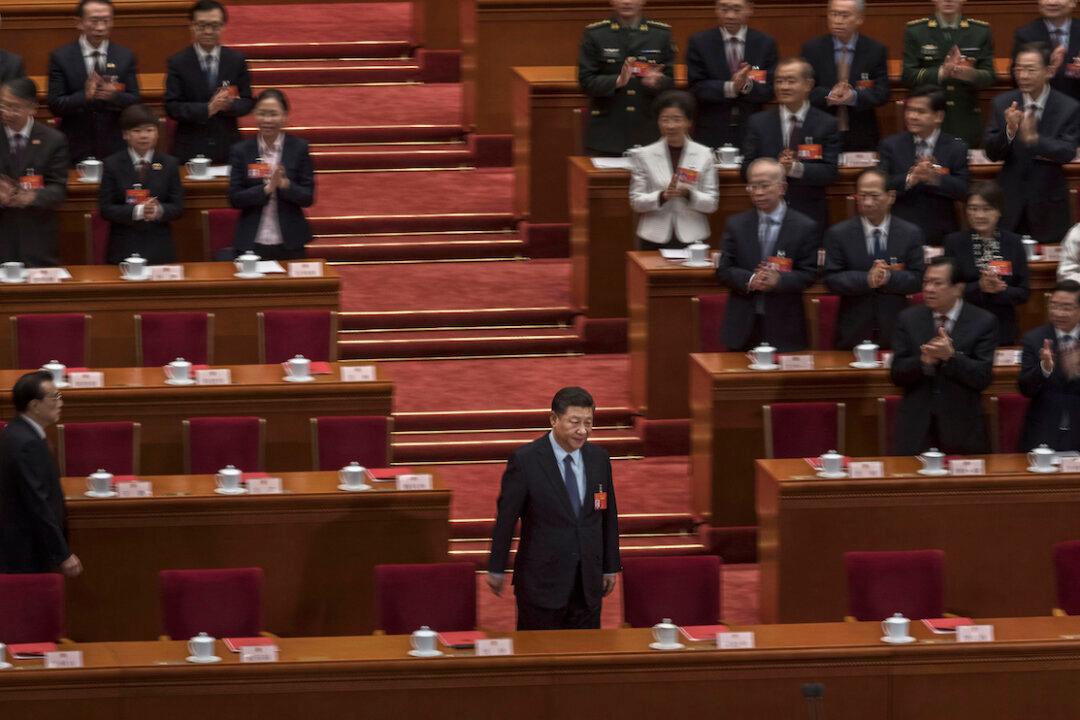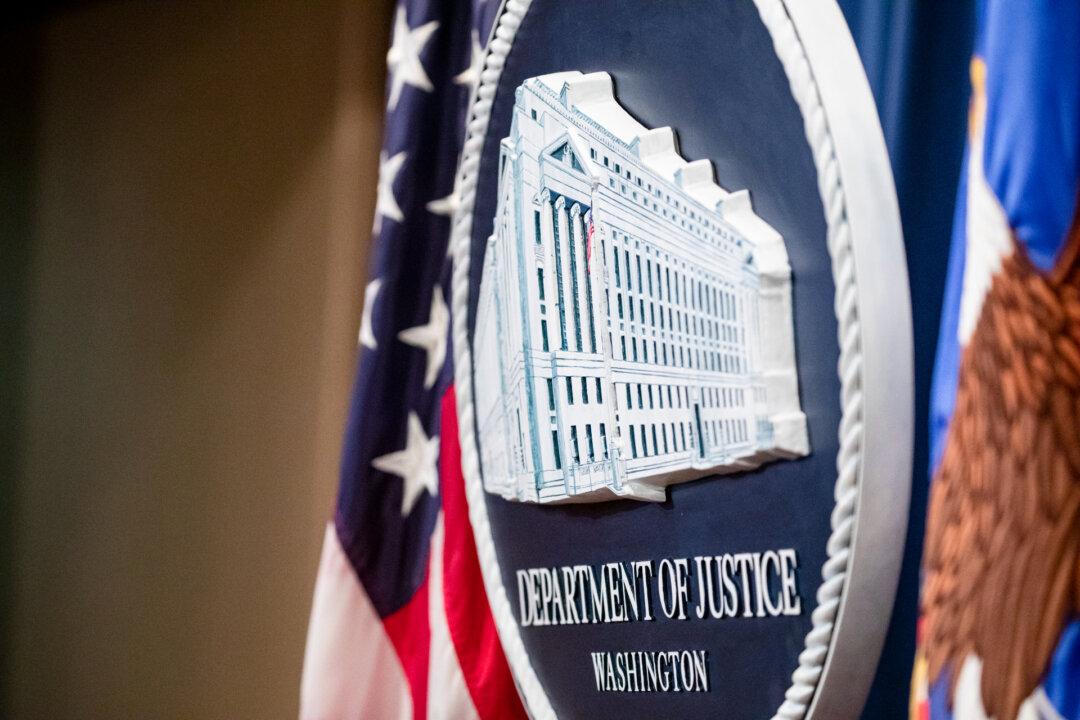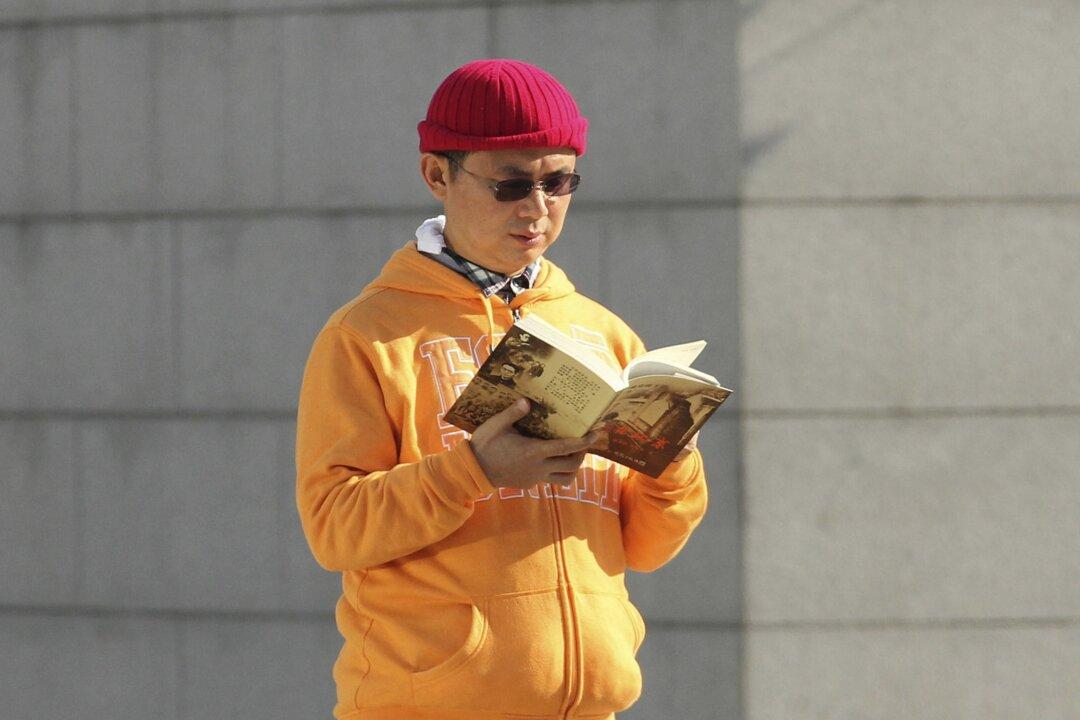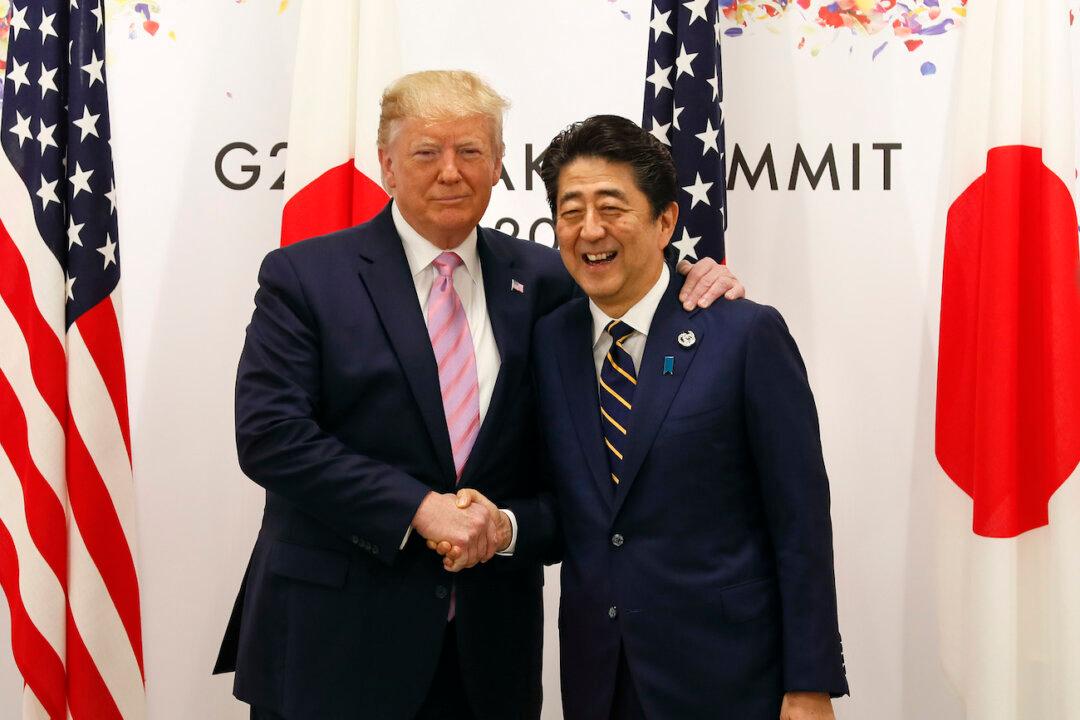The administration of Chinese leader Xi Jinping issued a rare warning against his rivals at a recent national police meeting, a move that an expert says indicates that the communist regime faces an unprecedented internal crisis since the downfall of a Chinese vice minister of public security.
On Jan. 24, Xi’s close ally and party chief of the Ministry of Public Security Wang Xiaohong announced at a conference the formation of a leadership panel dedicated to “eradicate the baneful influence of the political clique led by Sun Lijun,” the former deputy head of the ministry.





